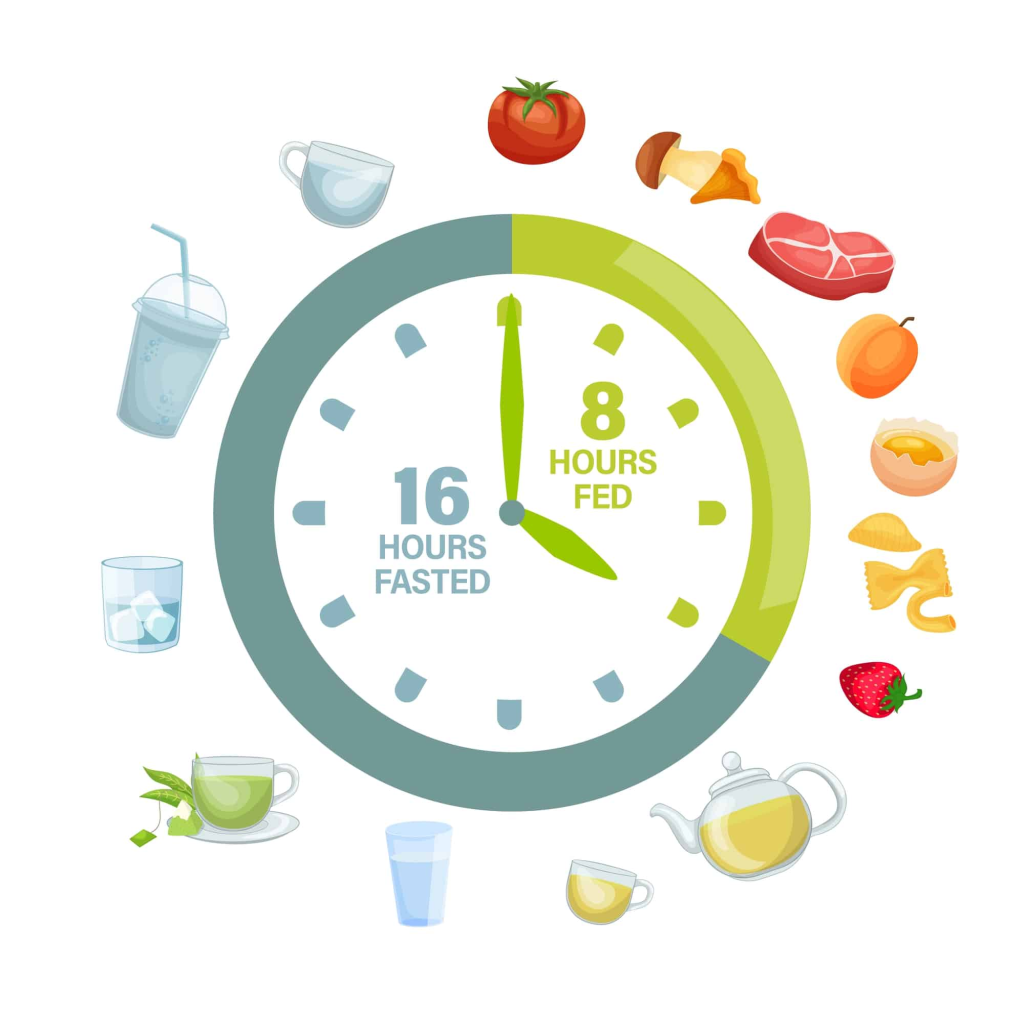
We often hear about a way of dieting called Intermittent Fasting. So what is it all about? I’ve been practicing intermittent fasting all my life, its called “no supper”.
Jokes aside, we hear varying results from this form of diet. Some say it works well for them, but some complained that they have never been this hungry in their life?
If you want to dabble in this type of dieting, lets talk more about what it is and how you can approach this with the correct mindset.

Intermittent fasting involves alternating periods of eating and not eating, with the timing and amount varying depending on the specific fasting schedule.
Intermittent fasting involves many types, including intermittent energy restriction (like the 5:2 diet), time-restricted eating (such as the 16:8 or 20:4 diets), and fasting mimicking diets.
While intermittent fasting offers various benefits, its effects can differ from person to person.
Intermittent fasting (IF) is the name some nutrition experts give to the practice of occasionally going for extended periods either eating nothing, or a lot less than usual.
And there are four main ways to do it.

Technically, “fasting” is defined as going without food for at least 8 hours. Some of the fasting methods above include 8 hours fasts (or longer)—and some don’t.
I will discuss more on the benefits of Intermittent fasting in my next blog post.
If you need more help, I am offering a personal nutrition coaching to assist you in your weight loss journey. From curating a personalized meal plan to changing of habits, lets work together to achieve the health that you need! Please feel free to contact me at jin@blackbox.fit. Till then!
Train’s goal is to improve quality of life by improving the health of the people in Klang Valley. We are a fitness center dedicated to helping you to reach your fitness goals. Visit us today at our location in Subang Jaya, Selangor.